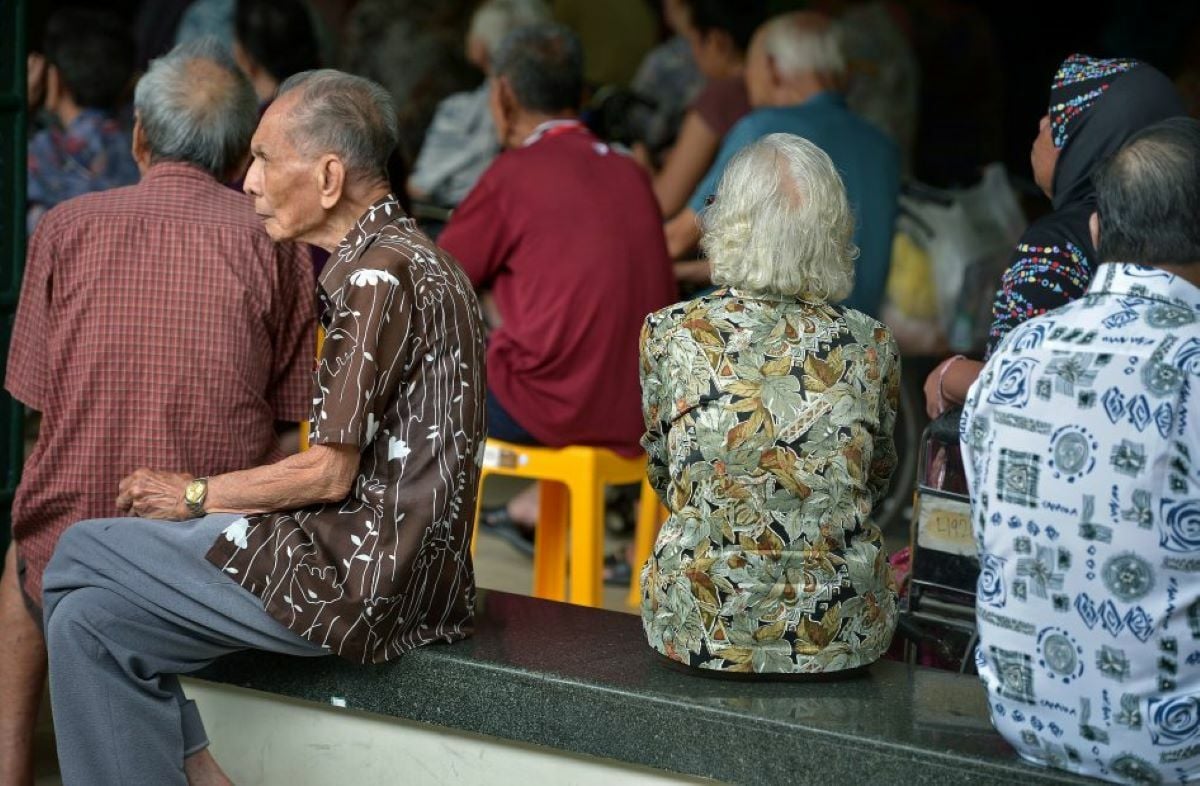Thailand raises retirement age to 65 for all sectors

Thailand’s Labour Ministry is set to extend the retirement age for both private and government sectors to 65 years, aligning it with countries like Singapore and Switzerland, announced Phiphat Ratchakitprakarn.
Phiphat stated that the decision to increase the retirement age is influenced by significant advancements in health and medical technology, which have improved life expectancy.
Additionally, the ministry plans to amend the Social Security Act to include approximately two million migrant workers from Myanmar, Laos, and Cambodia in the social security benefit scheme.
Self-employed individuals and workers in specific industries currently excluded from the Social Security system are also to be incorporated under the amended law. This category encompasses taxi drivers, delivery riders, agricultural workers, domestic workers, and street vendors.
There is also a proposal to raise fund contributions from both employers and employees by 2% each, with the government contributing an additional 2.5%. This would result in a total contribution increase of 6.25%.
Plans are in motion to adjust the wage ceiling and salary cap regularly to keep pace with currency value changes.
Phiphat revealed that the ministry is considering converting the Social Security Fund’s largest expense—currently variable medical costs, estimated at 60 billion baht annually, into a fixed cost. By transferring this financial responsibility to an insurance company, the Social Security Office (SSO) could manage floating costs more effectively and improve fund management.
The Social Security Fund aims for a return of at least 5% by 2025, an increase from the current 2.3 to 2.4% return in 2023. Achieving this target could extend the fund’s viability by an additional three to four years. Phiphat mentioned that the SSO’s international investments, particularly in the US and European markets, have generated returns of approximately 6 to 7%.
Next year, the SSO plans to invest around 65% of its fund in low-risk assets like government bonds and savings, while the remaining 35% will be allocated to higher-risk assets, including domestic and international stocks and real estate.
This marks a shift from the current investment ratio of 70/30. Phiphat emphasised the importance of proactive fund management to ensure sustainable growth amidst an ageing population and to secure the fund’s future financial stability.
Phiphat warned that failure to take these actions could result in the depletion of the Social Security Fund within the next 30 years, reported Bangkok Post.
Latest Thailand News
Follow The Thaiger on Google News:


























